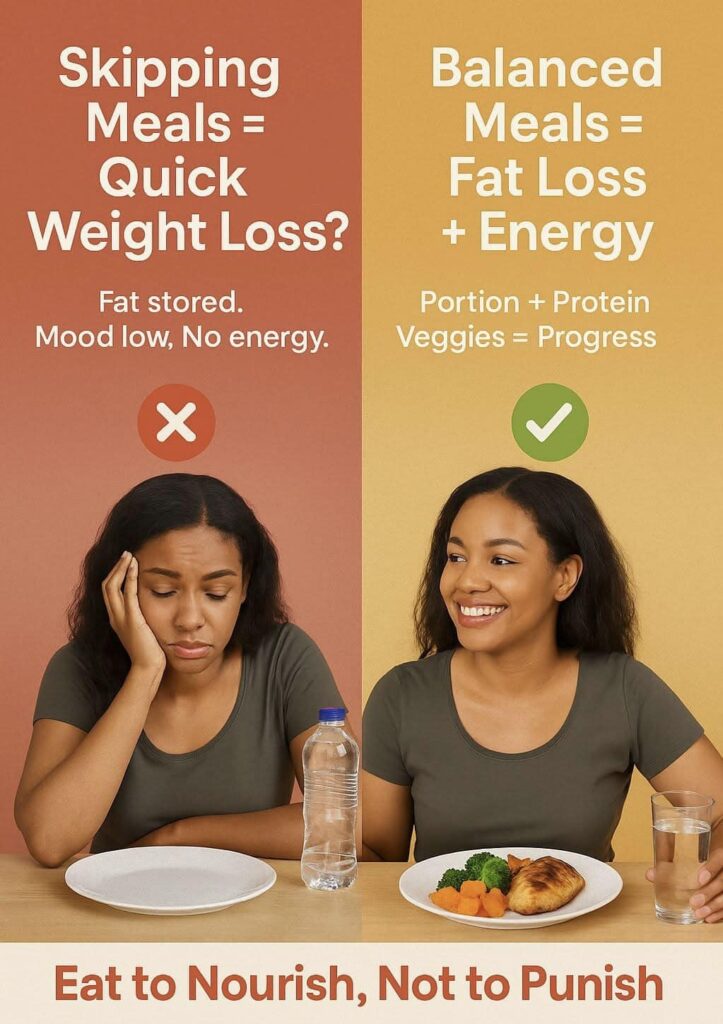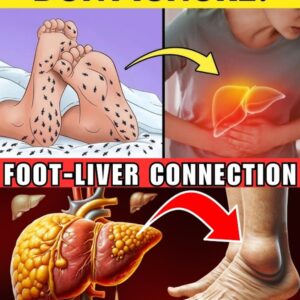The Appeal of Skipping Meals for Weight Loss

The idea of skipping meals for weight loss has gained traction as a seemingly quick fix for shedding pounds. With busy lifestyles and the promise of rapid results, many are tempted to cut out breakfast, lunch, or dinner to reduce calorie intake. But is this approach effective, or does it come with hidden risks? While skipping meals may lead to a temporary drop in weight, research suggests it can disrupt metabolism, increase hunger, and lead to long-term health issues. Let’s dive into the truth behind this popular weight loss strategy.
How Skipping Meals Affects Your Metabolism
Skipping meals might seem like a straightforward way to cut calories, but it can backfire by slowing your metabolism. When you skip a meal, your body enters a conservation mode, burning fewer calories to preserve energy. This can reduce the efficiency of your basal metabolic rate (BMR), making weight loss harder over time. Studies show that irregular eating patterns disrupt insulin sensitivity and fat storage, potentially leading to weight gain. Instead of skipping meals for weight loss, aim for balanced, smaller meals to keep your metabolism active and stable throughout the day.
The Hunger Trap: Why Skipping Meals Fails
One major downside of skipping meals is increased hunger. Going long periods without food spikes ghrelin, the hunger hormone, leading to intense cravings and overeating later. This cycle often results in consuming high-calorie, nutrient-poor foods, negating any calorie deficit. Research from the Journal of Nutritional Biochemistry indicates that meal skipping can also disrupt blood sugar levels, causing mood swings and fatigue. To avoid this trap, prioritize regular meals with protein, fiber, and healthy fats to stay satiated and support sustainable weight loss.
Nutrient Deficiencies and Health Risks
Skipping meals for weight loss can lead to nutrient deficiencies, as you’re less likely to meet daily requirements for vitamins, minerals, and macronutrients. For example, missing breakfast might reduce your intake of fiber and calcium, while skipping dinner could limit protein consumption, crucial for muscle maintenance. Over time, these deficiencies may weaken immunity, impair bone health, and increase fatigue. A 2020 study in Nutrients linked irregular eating to higher risks of obesity and heart disease, underscoring the importance of consistent, balanced meals for overall health.
Psychological Impacts of Meal Skipping
Beyond physical effects, skipping meals can affect mental well-being. Restrictive eating patterns may foster an unhealthy relationship with food, leading to guilt, anxiety, or binge eating. Constant hunger can also reduce focus and productivity, as your brain relies on steady glucose for optimal function. Instead of skipping meals, practice mindful eating—paying attention to hunger cues and choosing nutrient-dense foods. This approach supports both mental clarity and a healthier mindset toward weight management.
Better Alternatives for Sustainable Weight Loss
Rather than skipping meals for weight loss, consider evidence-based strategies that promote long-term success. Portion control, for instance, allows you to enjoy all meals while managing calorie intake. Incorporate whole foods like vegetables, lean proteins, and whole grains to stay full longer. Intermittent fasting, when done correctly under medical guidance, can be a structured alternative to random meal skipping. Regular exercise, especially strength training, boosts metabolism and preserves muscle mass. Consulting a dietitian can help tailor a plan that aligns with your goals without compromising health.
Tips to Maintain Healthy Eating Habits
To avoid the pitfalls of skipping meals, plan your meals ahead of time to ensure balanced nutrition. Keep healthy snacks like nuts or fruit on hand to curb hunger between meals. Eating smaller, frequent meals can stabilize blood sugar and prevent overeating. Stay hydrated, as thirst is often mistaken for hunger. Finally, listen to your body’s signals—eat when hungry and stop when satisfied. These habits foster a sustainable approach to weight loss and overall wellness.
The Truth About Skipping Meals for Weight Loss
Skipping meals may offer short-term weight loss, but it’s not a sustainable or healthy strategy. By disrupting metabolism, increasing hunger, and risking nutrient deficiencies, it can do more harm than good. Embrace balanced eating and mindful habits for a healthier, more effective path to your weight loss goals.






